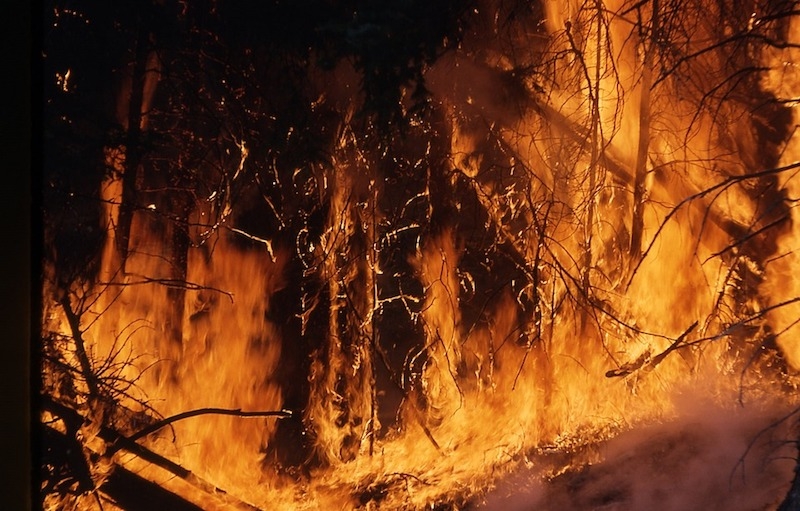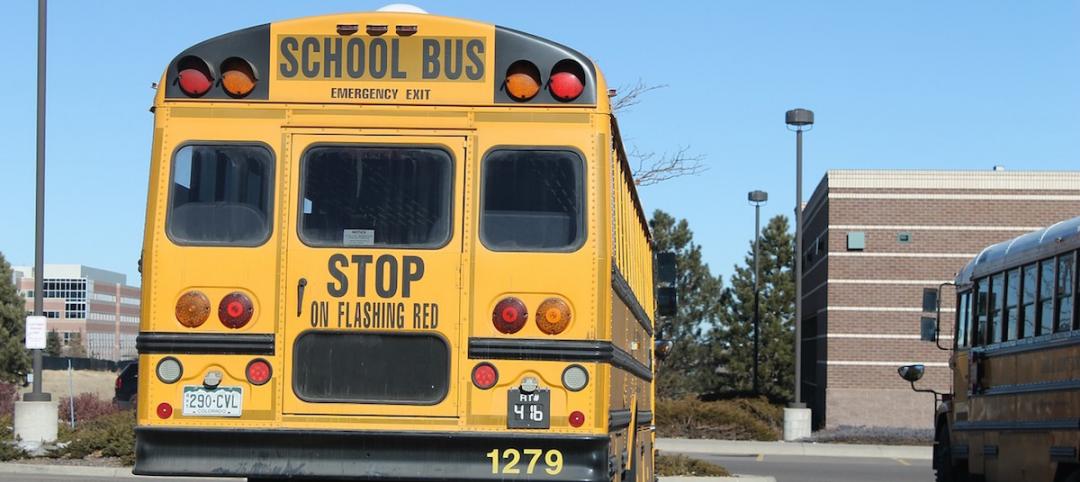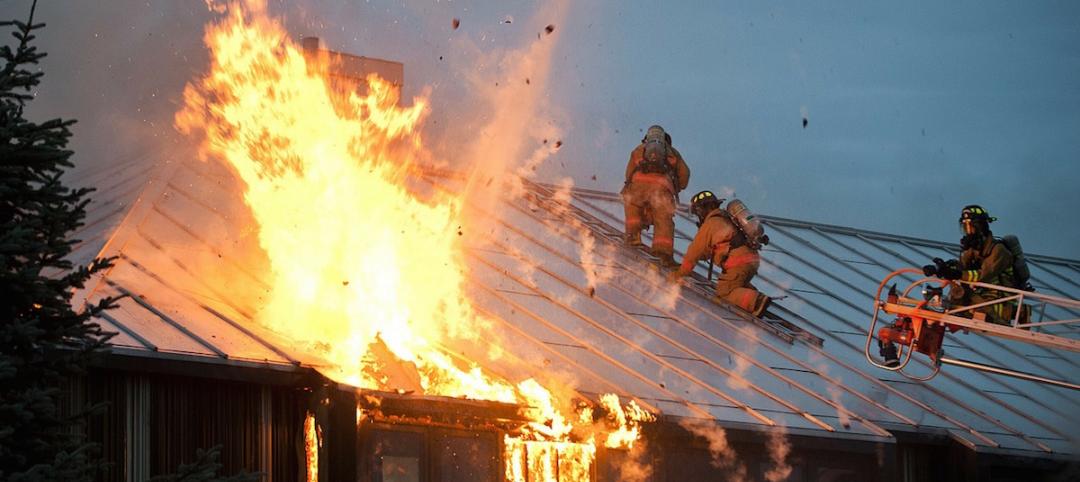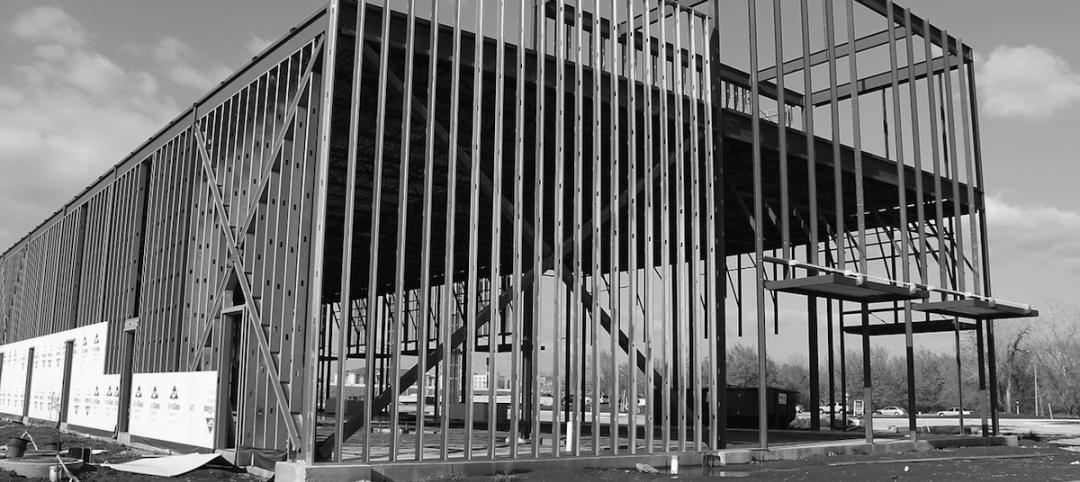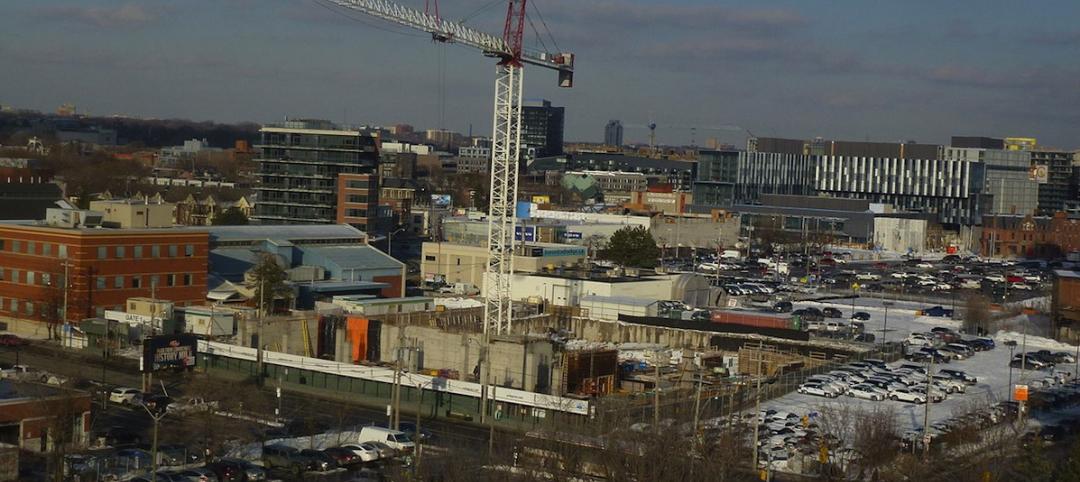The most effective way to reduce deaths and property destruction from California wildfires would be to stop building in fire-prone areas, and make structures that already exist in those areas more resilient.
It's a simple and sound strategy, but it would also be expensive and wildly unpopular. People want to live in the state's stunning wooded landscapes and making homes, businesses, and neighborhoods more fire-resistant could be hugely expensive.
Experts say as climate change causes more frequent and destructive blazes, anything less won’t make enough of a difference to prevent the devastating fires that have swept through the state in the past few weeks, though. California uses the most up-to-date version of model national codes, and doesn’t allow local governments to opt out of those codes.
New homes in places with the highest risk of wildfire get built with fire-resistant materials and construction techniques, but many older structures were not built to those standards. Furthermore, California’s aggressive wildfire codes don’t apply in neighborhoods that may appear safer on paper, but are increasingly affected as fires grow to the sizes that caused so much destruction recently.
Related Stories
Codes and Standards | Jun 18, 2015
Guides to wood construction in high wind areas updated
The guides establish prescriptive, wind-resistive structural requirements for wood-frame buildings of different sizes and shapes.
Codes and Standards | Jun 18, 2015
New document addresses school safety and security
In an effort to balance security and fire safety features within codes, standards and planning, NFPA hosted a two-day workshop, “School Safety, Codes and Security”, last December. The findings are now available in an NFPA report.
Codes and Standards | Jun 18, 2015
Two myths regarding NFPA 101 Life Safety Code debunked
NFPA life safety engineer Ron Coté settles the debate over second egress doors and exit signs.
Codes and Standards | Jun 18, 2015
How to prevent corrosion in sprinkler system piping
The technical committees responsible for NFPA 13, Installation of Sprinkler Systems, have been looking at ways to eliminate or reduce corrosion in sprinkler systems for several revision cycles.
Codes and Standards | Jun 11, 2015
Steel Framing Alliance updates ‘Thermal Design and Code Compliance for Cold-Formed Steel Walls’ design guide
Includes results of new tests and addresses IECC and ASHRAE compliance paths.
Codes and Standards | Jun 11, 2015
Helena, Mont., may charge commercial developers a fee to fund public art
The fee would apply to new construction or alteration of nonresidential buildings of at least 20,000 sf.
Codes and Standards | Jun 11, 2015
DBIA releases new document on choosing a project delivery method
Provides owners and others with factors to consider when choosing the best method of delivery for their project.
High-rise Construction | Jun 5, 2015
Japanese policymakers discuss mandate for toilets in elevators
This quirky-sounding building code is a safety measure for the earthquake-prone nation.
Codes and Standards | Jun 4, 2015
OSHA publishes guide to restroom access for transgender workers
The guide advises employers to allow employees to use restrooms that correspond to their gender identity.
Codes and Standards | Jun 4, 2015
Guide helps Building Teams maximize team integration
The guide includes forms to support a two- to four-hour workshop to help an owner select the most appropriate delivery strategy.


